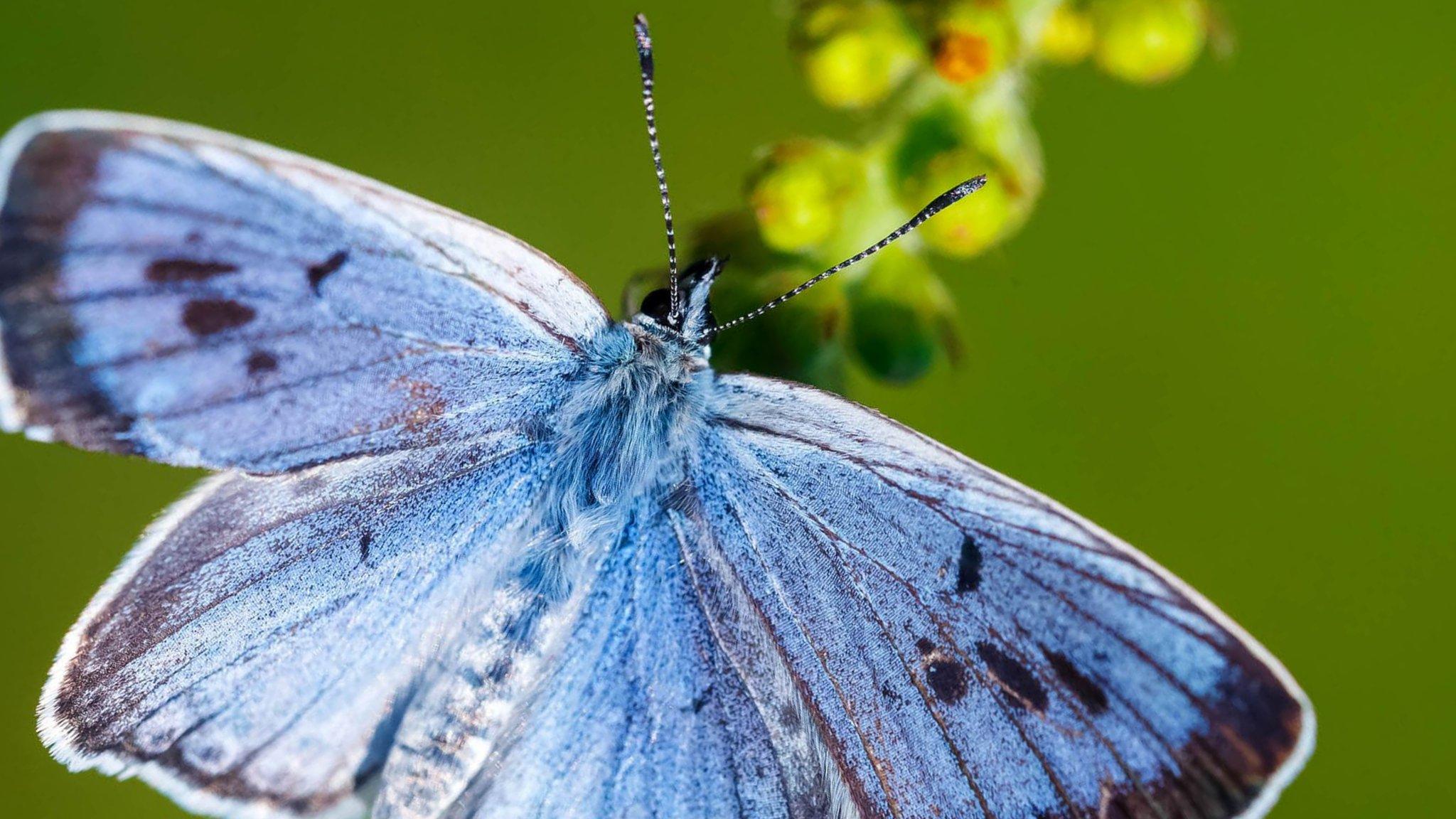MammalWeb: Durham University asks for animal spotters across the UK
- Published
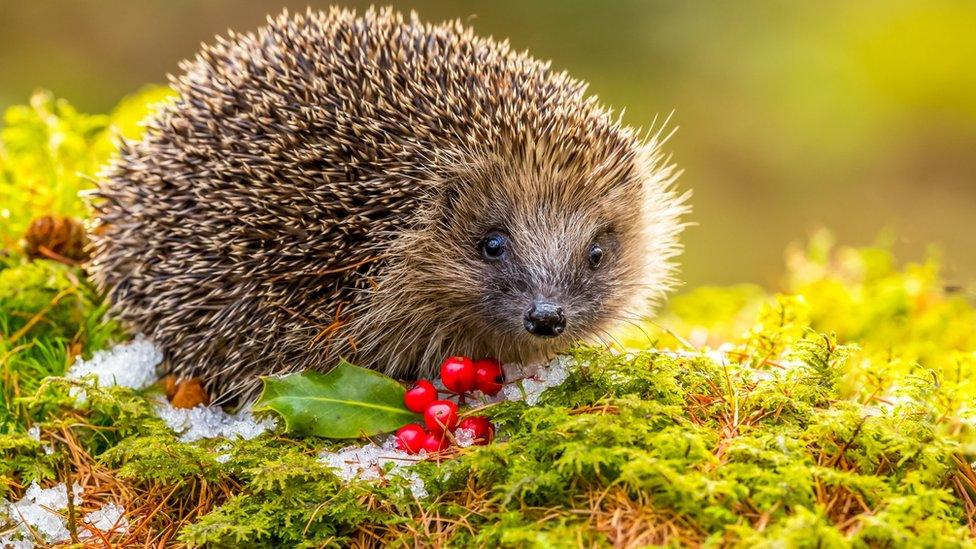
What animals have you seen in your garden? You could help scientists at Durham University
Researchers at Durham University are asking people to help identify mammals across the UK this autumn.
The team want to use information, video and photos from the public to understand how animals are coping with climate change.
The researchers want people to set up cameras to spot different types of animals in their gardens and outside space and send the footage and snaps to them.
Conservationists at the MammalWeb project say after the high temperatures this summer, it's more important than ever to see how animals are coping.
How has the hot summer affected animals in the UK?
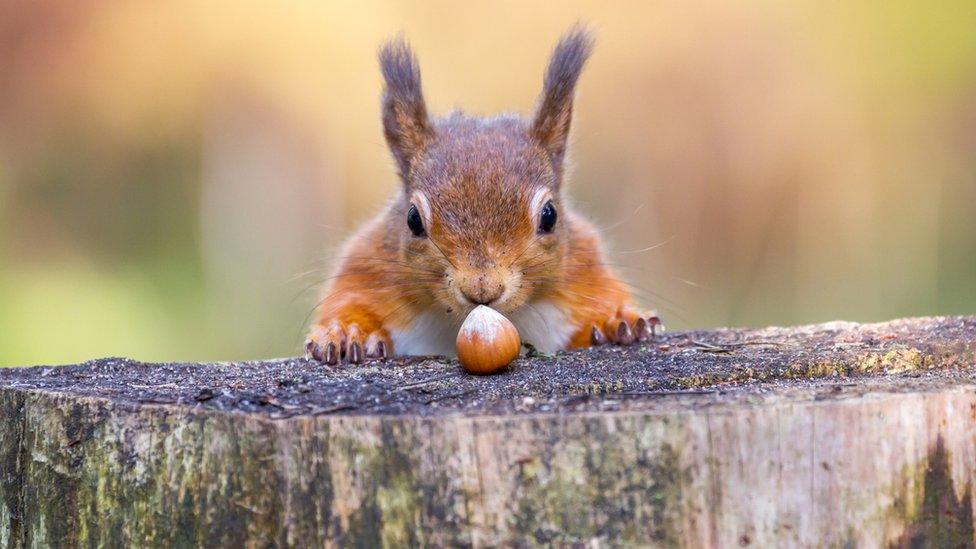
Scientists want to check how mammals - like the red squirrel - are doing after a hot summer!
Heatwaves and droughts in some areas of the UK over recent months means certain animals might have struggled to get water and the right food.
By monitoring them on cameras, scientists can work out if their habits have changed due to climate change.
What do scientists hope to learn from photos and videos of animals?
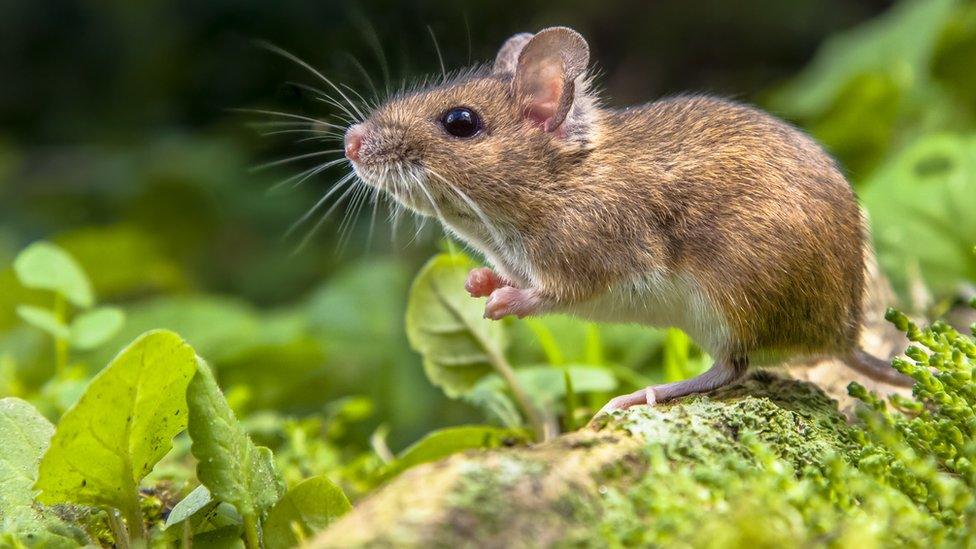
How do you think animals cope when the weather changes?
Some animals might have moved to different places, or found different ways to hunt and feed in order to survive.
Phil Stephens - a professor at Durham University involved in the project - says its "vitally important" that we put together a picture of wildlife in the UK.
Durham University called on "citizen scientists" for this job - people who do science in their spare time as a hobby.
The researchers want people to set up their own cameras in their gardens to see which mammals live locally.
What has MammalWeb found out so far?
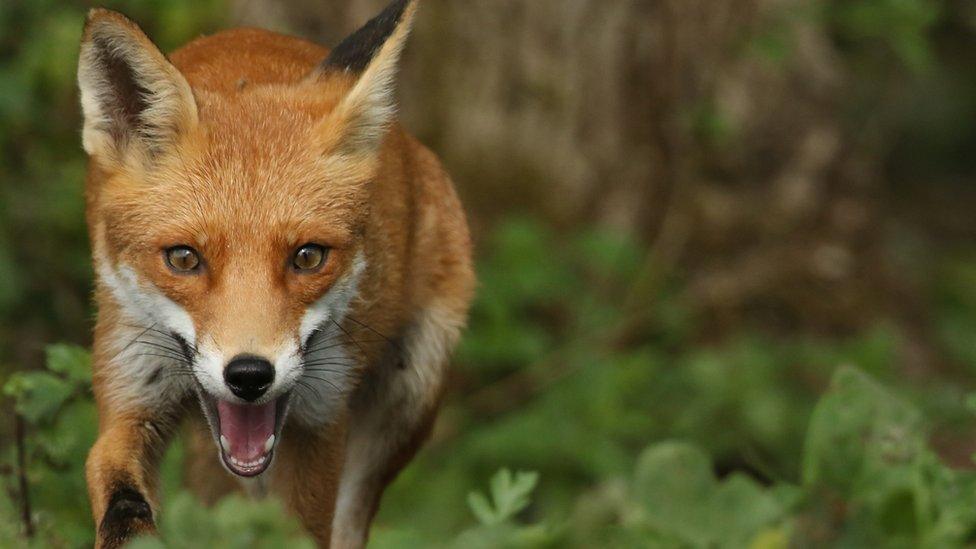
People all over the UK monitor animals in their local green spaces every day
So far MammalWeb has got information and photos about 180,000 mammals in the UK.
They have even found some mammals that aren't native to the UK, such as North and South American raccoons.
Researchers say these species from elsewhere could cause trouble for wildlife already living in a certain area.
However the cameras have also captured images of our native mammals - like red squirrels, foxes, stoats and even wild boar!
- Published7 October 2022
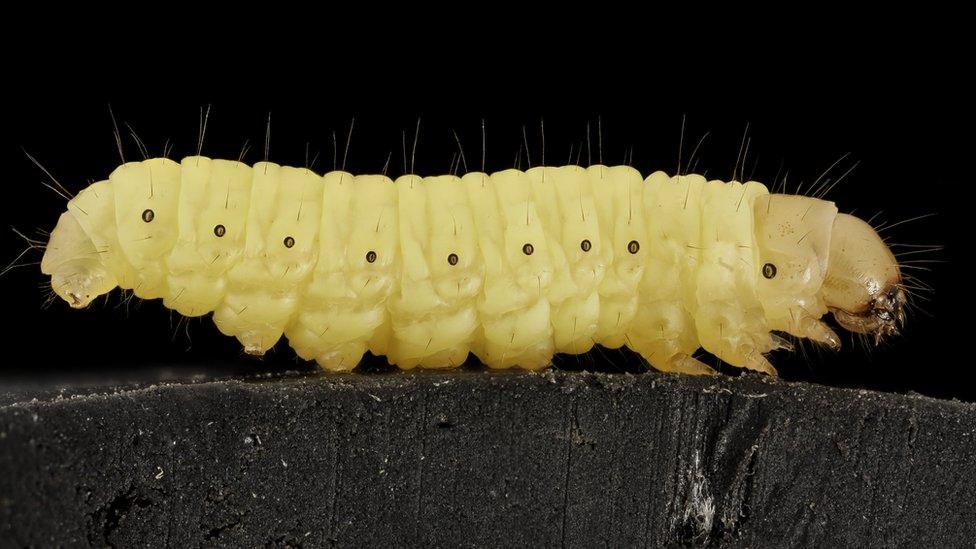
- Published7 October 2022
